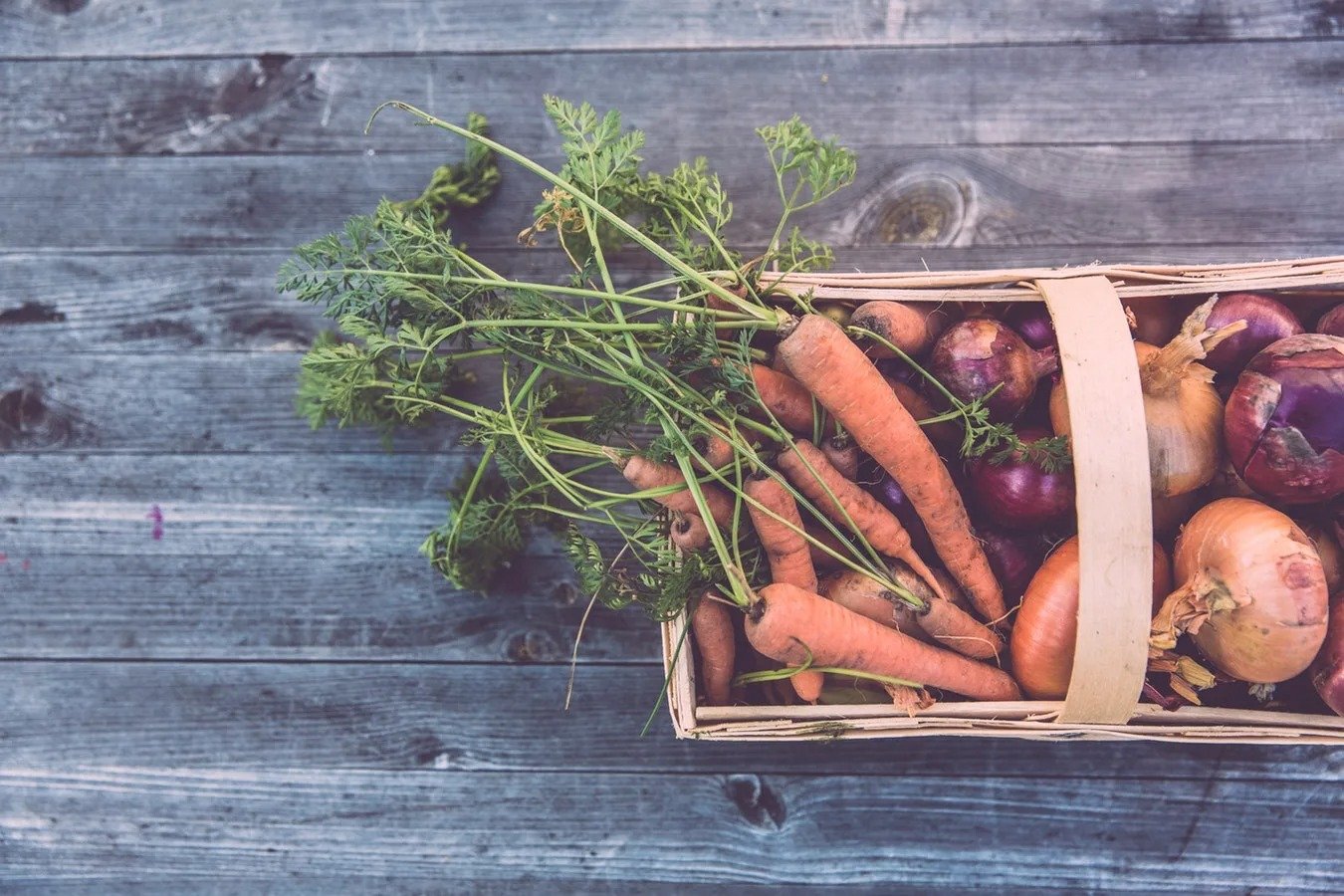GROW YOUR OWN DELICIOUS PRODUCE WITH THESE FIVE SIMPLE TIPS
Organic produce is quickly becoming a staple on plates across the country. Despite higher costs, the allure of more nutrition, fewer pesticides, and better taste is hard to ignore, especially for those aiming to eat healthier.
So, is there a way to overcome the higher premium for organic fruits and vegetables? The answer is a resounding yes, although it does come with one caveat — growing the produce yourself.
However daunting that may sound, it’s not as taxing as it seems. With a little upfront expense, plenty of patience, and long-term commitment, you too could soon be enjoying the fruits (and vegetables) of your labor.
Let’s take the can-do spirit out back and look at five tips for creating an organic garden.
1. START SMALL, AND PICK A SPOT WITH FULL SUN
When starting your organic garden, it’s easy to become overwhelmed and give up early into the endeavor. Start small. Approximately 25–50 square feet of growing space is a good starting point, although you can start with as much as 100 square feet. Regardless of size, be sure to pick a spot in your yard that receives at least eight hours of direct sunlight per day.
2. PREPARING YOUR SOIL
Good soil is the cornerstone of a productive garden. If your soil isn’t up to par, raised beds are an excellent alternative. In either instance, you’ll want to prepare your bed with organic compost, which you can buy or create on your own. To help prevent weeds, include an organic layer of straw or leafy mulch at the top.
3. BUYING SEEDS
Purchasing seeds for your garden is the most natural path for beginners and, depending on the plant, is also inexpensive. Research what you hope to grow to ensure your top choices will thrive in your climate and the specific location of your garden.
Be conscious of how plants respond to elements, such as light, moisture, drainage, and soil quality. Wise selection will result in higher yields. When planting, space your plants properly, so they have plenty of room and air to breathe.
4. FERTILIZING AND REGULAR MAINTENANCE
Even in optimal situations, it can take several seasons for your soil to mature and become rich in the nutrients your plants crave. Organic fertilizer will help speed the growing process and result in good yields.
As for regular maintenance, your garden doesn’t need too much time-consuming attention, but it does need consistent care. Regular weeding is a must. Keep your garden free of debris like dead foliage as it can quickly spread disease. If you decide to compost, never put diseased or dead leaves in your compost pile.
5. WATERING
Watering is incredibly basic but also vitally important. Water in the mornings to lessen evaporation and keep plants free of bacterial or fungal diseases that result when staying moist overnight.
In addition, water the roots and maintain a regular schedule. New seeds need water roughly every two to three days, with the watering becoming less frequent, but more concentrated, as the plant matures. If possible, always use water at or near air temperature.
BONUS TIPS
As your organic gardening experience grows, so will your knowledge. In the beginning, it takes a lot of patience to get through the early stages. Here are some bonus tips to make your organic gardening easier:
- Plant complementary flowering plants around your garden to attract insects that will help your garden thrive — and to keep out the ones that don’t.
- When pulling weeds, make sure to pull out the root or the weed will return.
- As your garden expands, consider rotating the crops to avoid diseases developing and the soil becoming stagnant.
Remember, don’t be too hard on yourself in the first few seasons. Nature can be finicky, but if you remain persistent, your organic garden will blossom much sooner than you think.
Looking to buy or sell a home in Boulder? For more information about Boulder real estate and the surrounding area, contact us today.

